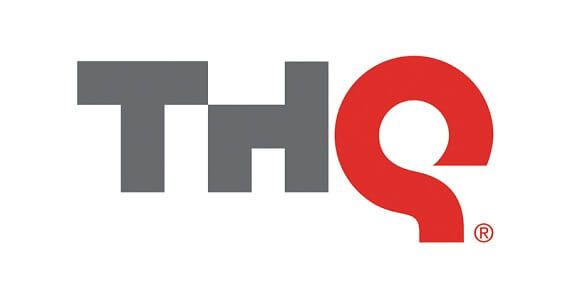Unfortunately, it comes as no surprise: A sinking financial ship for the past several years, THQ has officially filed for bankruptcy.
The publisher of series such as Darksiders, Saints Row, Metro, WWE and Homefront couldn't downplay its financial troubles this November; it was then that THQ reported it had defaulted on a $50+ million loan to Wells Fargo and was preparing many -- if not all -- of its assets for sale. Despite the recent success of the The Humble THQ Bundle (essentially a fundraising effort) and high anticipation for its March 2013 offerings (South Park: The Stick of Truth, Company of Heroes 2 and Metro: Last Light), the company announced today that it has entered into an Asset Purchase Agreement with affiliates of Clearlake Capital Group, L.P..
It appears the answer was all.
Ownership of THQ's entire asset base -- including its four studios and existing games in production -- will shift into the hands of Clearlake Capital. At the same time, THQ says it will be allowed to "shed certain legacy obligations." Clearlake has agreed to an initial acquisition price of $60 million, but will now open the holdings to competing bids from any interested parties. This means that any gaming publisher looking to acquire a new franchise -- any gaming publisher like, say, Ubisoft -- could jump in and acquire a Darksiders or a Saints Row.
Perhaps the most important element of the agreement from THQ's standpoint is that, for now, the company will continue operating in its current state. THQ sought out a form of bankruptcy financing known as debtor-in-possession, or DIP. In short: studios will remain open; employees will remain in place, receiving their normal compensation and benefits; and games -- THQ has confirmed five for 2013 -- will remain on schedule. The only caveat is that every current aspect of THQ legally belongs Clearlake and Wells Fargo (whom, together, fronted an approximate $37.5 million for DIP), and every franchise, as mentioned, is technically on the market.
For THQ, the plan (or at least hope) is to emerge from bankruptcy with a more balanced book, a cleaner slate. Jason Rubin, who replaced Danny Bilson as President of THQ this May, is confident that the ordeal will lead to a successful corporate rebirth:
"We have incredible, creative talent here at THQ. We look forward to partnering with experienced investors for a new start, as we will continue to use our intellectual property assets to develop high-quality core games, create new franchise titles, and drive demand through both traditional and digital channels.”
Chapter 11 bankruptcy also means that shares of THQ will be delisted from the NASDAQ exchange. That said, don't look for much of a ripple effect: The firm's stock opened the day at a price of $1.38 -- down from $9 a year ago -- and plummeted to a microscopic $0.36 close as the news broke.
And it's a microcosm the THQ state of affairs in recent years. Entering the new millennium as a company that acquired promising developers like Vigil Games, Volition Inc. and Relic Entertainment, the former toy manufacturer has been in perpetual selloff/layoff mode since relinquishing Big Huge Games in 2009. Its repertoire has been streamlined to include only titles that succeed critically and commercially. And while we can't argue with the gaming results -- read our reviews for Saints Row 3, UFC Undisputed 3 or Darksiders 2, for instance -- the well-being of the now-tarnished publisher is clearly in jeopardy, with no resolute direction for the future of its franchises.
Where do you think THQ heads from here?
-
Follow Brian on Twitter @Brian_Sipple.

